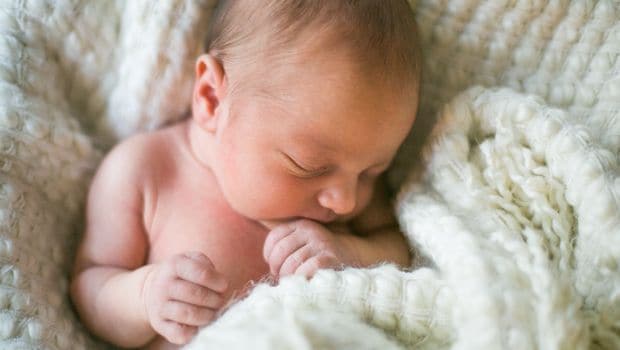There are a number of reasons that may prevent pregnancy like hormonal problems, uterine trouble or cervical issues. A group of scientists have now identified what makes you susceptible to such health risks. According to their research, published in the Journal Scientific Reports, a certain gene may hold answers to why some women have low reproductive success and are more prone to infertility. The scientists used an animal model to find that mice who lacked a gene called Nlrp2 had a spectrum of negative reproductive outcomes including recurrent loss of pregnancies with abnormally developing placentas, loss of the embryo before implantation, or, more rarely, having a baby with developmental disabilities. On the contrary, when male mice lacked the gene, there was no impact on fertility or the offspring. Also read: (Pregnancy Diet: Should You Really Eat For Two)

In the female mice, lacking the Nlrp2 gene, three different types of outcomes were observed. Some did not get pregnant, others had still-born babies with abnormalities and a third group of females gave birth to babies with normal appearance, but fewer per litter. Some of the pups were smaller or larger than expected. In addition, when the researchers attempted to grow the eggs of a female mouse carrying the mutation in the Nlrp2 gene in an artificial environment in the lab, they did not develop. “This finding has implications for in-vitro fertilization," said lead author Sangeetha Mahadevan, a postdoctoral fellow at Baylor College of Medicine in Texas, US. In this technique, the doctor places eggs into your uterus that were fertilized in a dish. With inputs from IANS

In the female mice, lacking the Nlrp2 gene, three different types of outcomes were observed. Some did not get pregnant, others had still-born babies with abnormalities and a third group of females gave birth to babies with normal appearance, but fewer per litter. Some of the pups were smaller or larger than expected. In addition, when the researchers attempted to grow the eggs of a female mouse carrying the mutation in the Nlrp2 gene in an artificial environment in the lab, they did not develop. “This finding has implications for in-vitro fertilization," said lead author Sangeetha Mahadevan, a postdoctoral fellow at Baylor College of Medicine in Texas, US. In this technique, the doctor places eggs into your uterus that were fertilized in a dish. With inputs from IANS
Advertisement
For the latest food news, health tips and recipes, like us on Facebook or follow us on Twitter and YouTube.
Tags:









